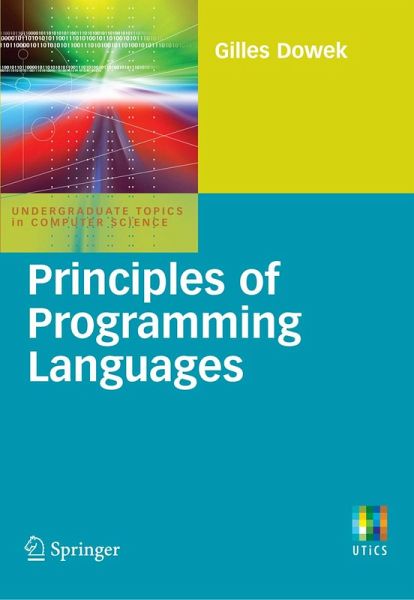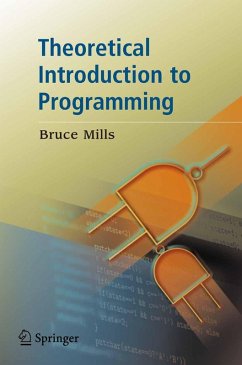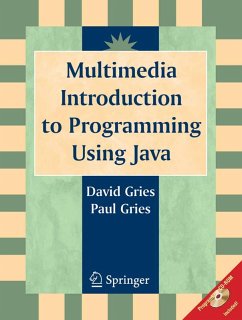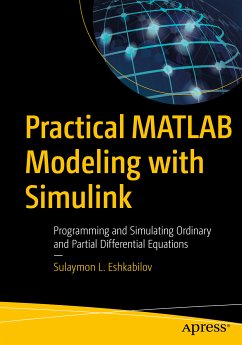
Principles of Programming Languages (eBook, PDF)

PAYBACK Punkte
13 °P sammeln!
By introducing the principles of programming languages, using the Java language as a support, Gilles Dowek provides the necessary fundamentals of this language as a first objective. It is important to realise that knowledge of a single programming language is not really enough. To be a good programmer, you should be familiar with several languages and be able to learn new ones. In order to do this, you'll need to understand universal concepts, such as functions or cells, which exist in one form or another in all programming languages. The most effective way to understand these universal concep...
By introducing the principles of programming languages, using the Java language as a support, Gilles Dowek provides the necessary fundamentals of this language as a first objective.
Written for students, this book presents what all scientists and engineers should know about programming languages.
It is important to realise that knowledge of a single programming language is not really enough. To be a good programmer, you should be familiar with several languages and be able to learn new ones. In order to do this, you'll need to understand universal concepts, such as functions or cells, which exist in one form or another in all programming languages. The most effective way to understand these universal concepts is to compare two or more languages. In this book, the author has chosen Caml and C.
To understand the principles of programming languages, it is also important to learn how to precisely define the meaning ofa program, and tools for doing so are discussed. Finally, there is coverage of basic algorithms for lists and trees.
Written for students, this book presents what all scientists and engineers should know about programming languages.
Dieser Download kann aus rechtlichen Gründen nur mit Rechnungsadresse in A, B, BG, CY, CZ, D, DK, EW, E, FIN, F, GR, HR, H, IRL, I, LT, L, LR, M, NL, PL, P, R, S, SLO, SK ausgeliefert werden.
Alle Preise in Euro und inkl. der gesetzl. MwSt. | Innerhalb Deutschlands liefern wir preisgebundene Bücher versandkostenfrei. Weitere Informationen: bitte hier klicken
Support
Bitte wähle dein Anliegen aus:
Rechnungen
Bestellstatus
Retourenschein
Storno













